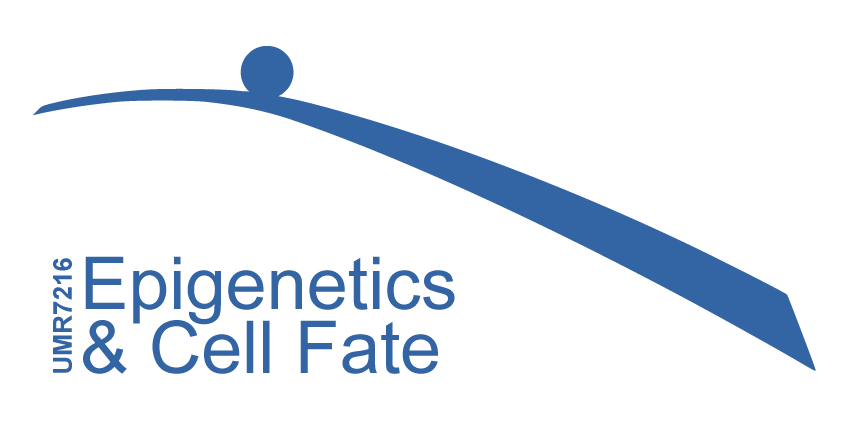Vectorology
The Platform brings its expertise to teams wishing to start and/or use lentiviral vector production.
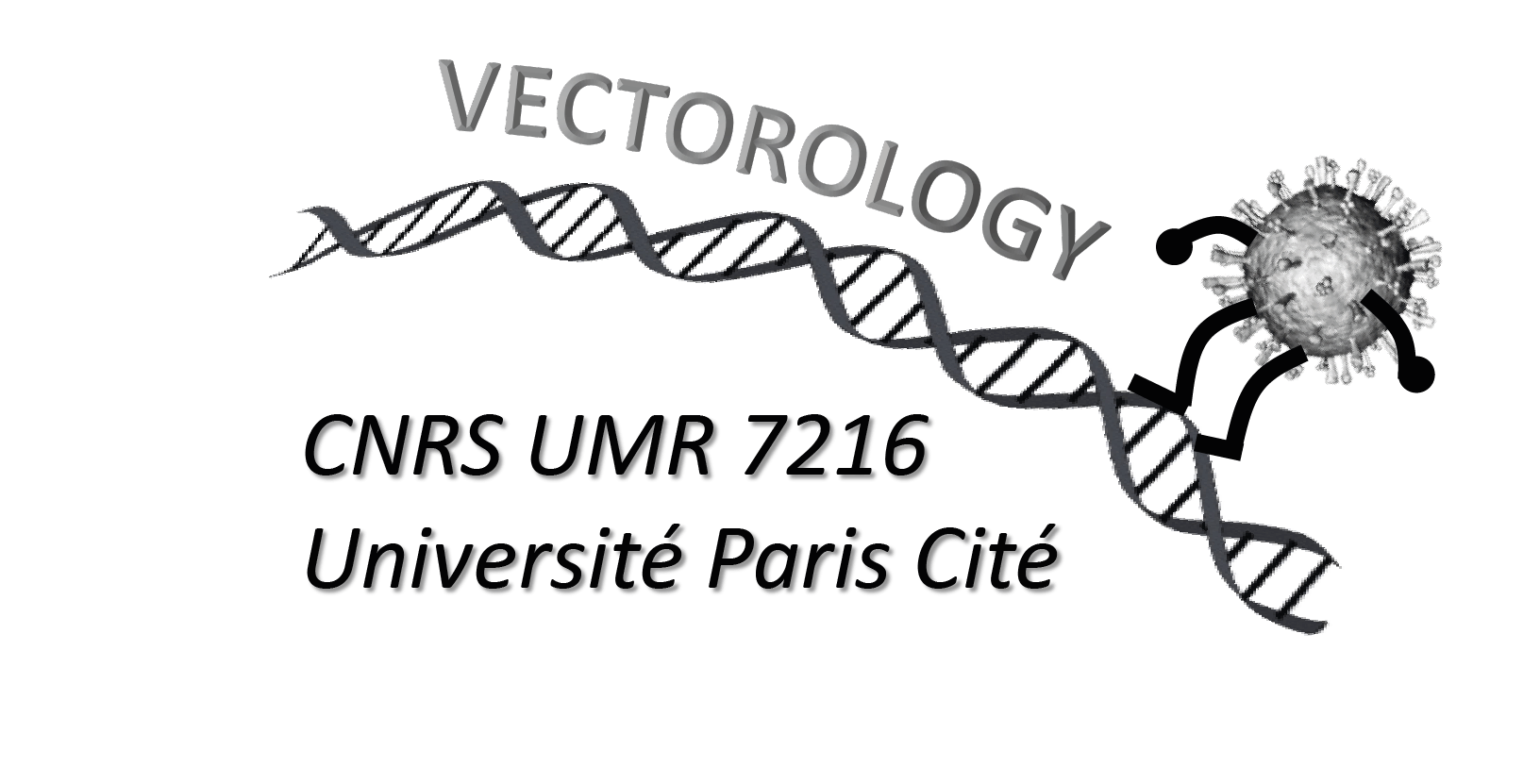

Picture from Lela Maffie, source: Pixabay.
The Vectorology Platform (Paris Rive Gauche site) is located on the Grands Moulins campus in the Lamarck B building. It is open to the internal teams of the Université Paris Cité but also to other academic and industrial research teams.
It offers technological knowledge in the production of lentiviral vectors for stable transfer. This transfer system is used in many fields ranging from basic research to clinical use.
The applications are multiple:
– Gene overexpression or ectopic expression of genes
– Gene knockdown using shRNA vectors
– Regulated expression or repression of genes by inducible lentiviral vectors
– Genome editing (CRISPR/Cas9)
Expertise
The Platform brings its expertise to research teams by proposing individualized training courses on how to work in a confined area (L3) and on the production of lentiviral vectors.
It can also support teams in the use of the CRISPR/Cas genome editing system in a viral context (in collaboration with the GENIE platform also located within UMR 7216).
It offers its knowledge in terms of Health and Safety to the research teams (GMO declaration, waste disposal,…).
Equipment
Within the Platform, a L3 laboratory is available for all teams who would like to make their own viral vectors for a given project.
It is a culture room with all the legal accreditations to produce and use class 2 and 3 GMO microorganisms.
Inside, the following equipment is available:
– 2 Microbiological Safety Stations type II
– 2 CO2 incubators for cell culture
– a benchtop centrifuge
– an ultracentrifuge with swing-out rotors (6x36mL, 6x15mL)
– an inverted fluorescence microscope equipped with a camera
Services
The Vectorology Platform offers the possibility to produce and/or manipulate viral vectors in the L3 laboratory.
It assists teams in choosing vectors and cloning strategies.
It offers complete support to new users by training them individually and advising them on the production and use of lentiviral vectors.
It can also handle the GMO declaration required for the preparation of lentiviral vectors.
As the Vectorology Platform is responsible for the only L3 laboratory on campus, it can also handle any type of class 3 pathogens after approval by the steering committee.
2 levels of access:
– access to L3 and its equipment.
– access to L3 with training, provided by the Platform staff, on the production and use of lentiviral vectors.
Download the application form for access to the Vectorology Platform. To be sent to: christophe.huret@u-paris.fr
Steering Committee
It’s a joined committee with GENIE platform.
- Slimane Ait-Si-Ali
- Pierre Antoine Defossez
- Aurélie De Thonel
- Claire Rougeulle
- Vectorology platform manager (Christophe Huret)
- GENIE platform manager (Ekaterina Boyarchuk)
Publications
2024
• Methylation of ESCRT-III components regulates the timing of cytokinetic abscission. Nature Communications 2024 May
2023
•
• Rosspopoff O, Cazottes E, Huret C, Loda A, Collier A, Casanova M, Rugg-Gunn P, Heard E, Ouimette, J-F, Rougeulle C. Species-specific regulation of XIST by the JPX/FTX orthologs . Nucleic Acids Research, 2023 Feb
2019
• Casanova M, Moscatelli M, Chauvière LÉ, Huret C, Samson J, Liyakat Ali TM, Rosspopoff O, Rougeulle C. A primate-specific retroviral enhancer wires the XACT lncRNA into the core pluripotency network in humans. Nat Commun. 2019 Dec 11;10(1):5652.
• Codato R, Perichon M, Divol A, Fung E, Sotiropoulos A, Bigot A, Weitzman JB, Medjkane S.The SMYD3 methyltransferase promotes myogenesis by activating the myogenin regulatory network. Sci Rep. 2019 Nov 21
• Naciri I, Laisné M, Ferry L, Bourmaud M, Gupta N, Di Carlo S, Huna A, Martin N, Peduto L, Bernard D, Kirsh O, Defossez PA. Genetic screens reveal mechanisms for the transcriptional regulation of tissue-specific genes in normal cells and tumors. Nucleic Acids Research, 07 February 2019 gkz080, https://doi.org/10.1093/nar/gkz080
2018
• Furlan G, Gutierrez Hernandez N, Huret C, Galupa R, van Bemmel JG, Romito A, Heard E, Morey C, Rougeulle C. The Ftx Noncoding Locus Controls X Chromosome Inactivation Independently of Its RNA Products. Mol Cell. 2018 Apr 20. pii: S1097-2765(18)30227-2.
Links
Contacts
To contact the Platform
Platform manager: Christophe HURET christophe.huret@u-paris.fr
Plateforme Vectorologie
CNRS UMR 7216, 4e etage
35 Rue Hélène Brion
75013 Paris
Read more
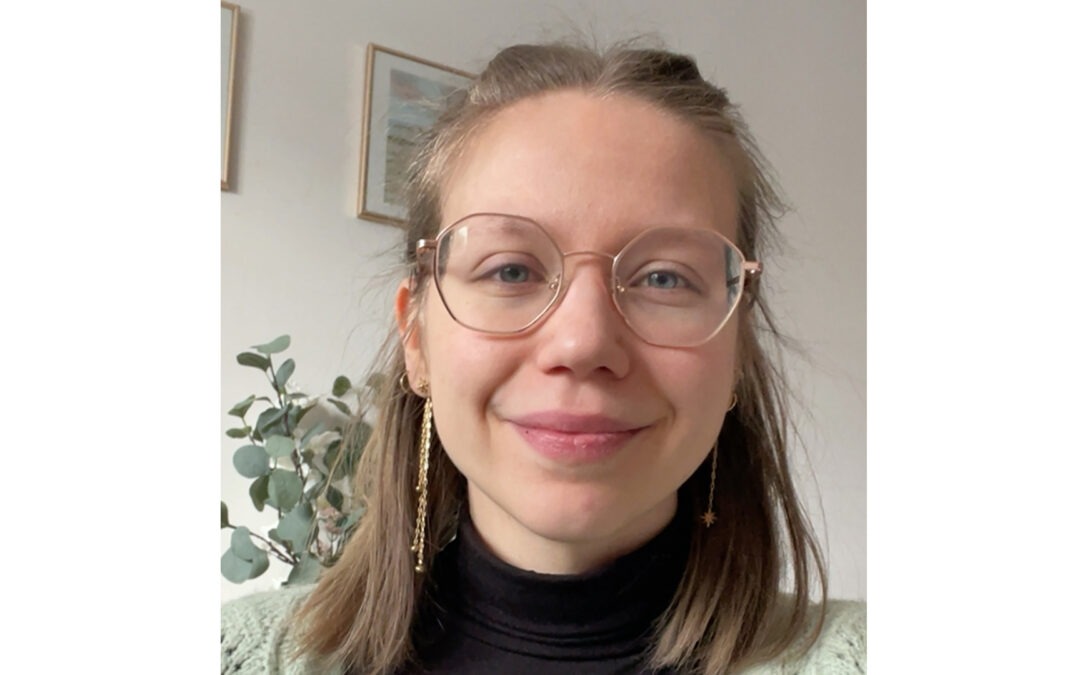
Welcome to Léa
Léa joins the team as a research assistant. After completing a master's degree in virology, she worked in Strasbourg on grapevine viruses, then on characterizing mRNA degradation in plants at the Institute of Plant Molecular Biology (IBMP). In the Polo team, Léa will...
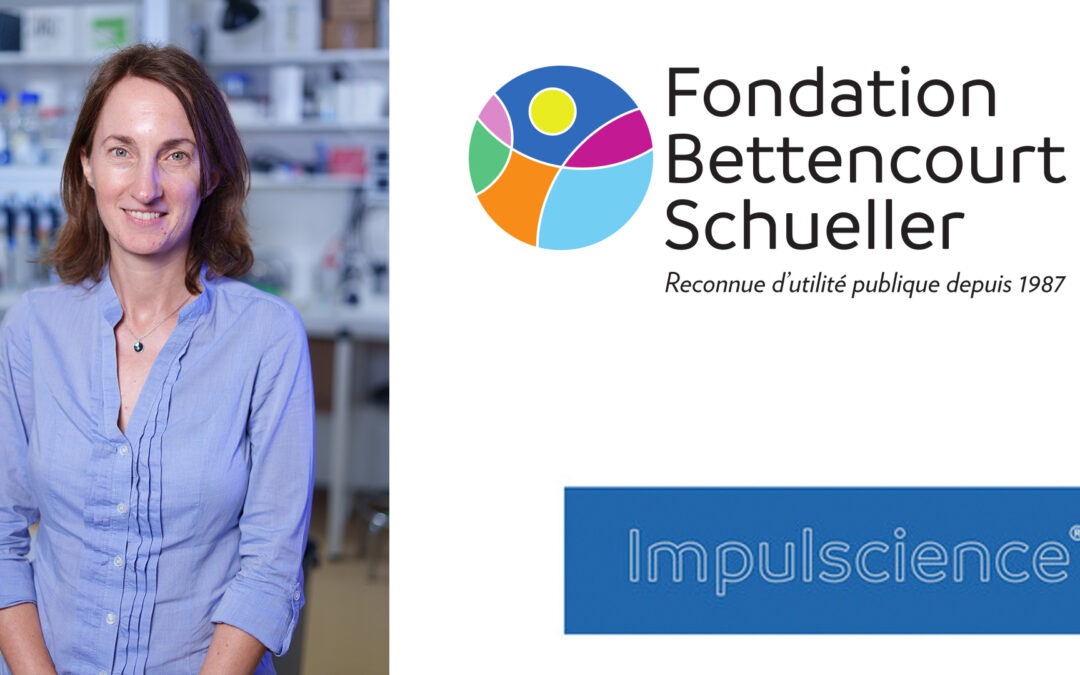
Sophie Polo receives an Impulscience® grant from the Fondation Bettencourt Schueller
Sophie Polo has been awarded an Impulscience® grant to fund a research project on the establishment and maintenance of the inactive X chromosome in response to DNA breaks. This is wonderful news for the lab ! We thank the Fondation Bettencourt Schueller for their...

Welcome to Léa, new engineer in the team!
Léa joins the lab as a research assistant. She holds a Master's degree in Molecular and Cellular Biology from Sorbonne University. She will contribute to investigate DNA methylation maintenance mechanisms in response to UV damage in mammalian cells. Léa Girard À lire...
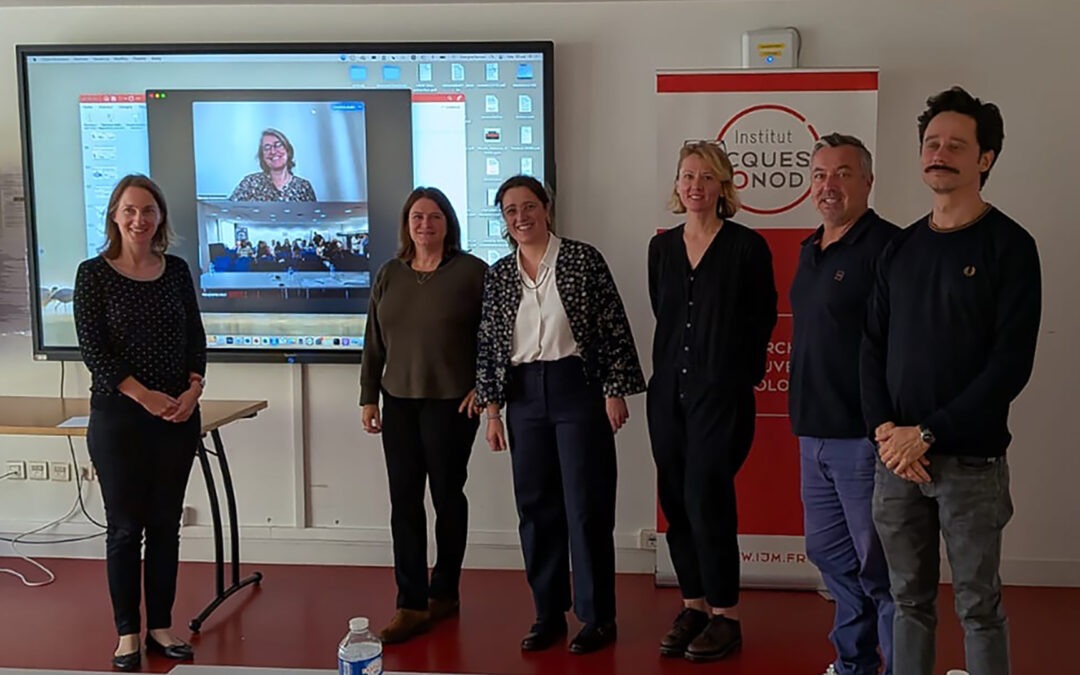
Well done, Dr Mori!
Margherita successfully defended her PhD on DNA methylation maintenance in response to UV damage. Brava! Margherita and her thesis jury. From left to right: Sophie Polo, Sandra Duharcourt (on screen), Déborah Bourc'his, Margherita Mori, Nataliya Petryk, Jean Molinier,...
